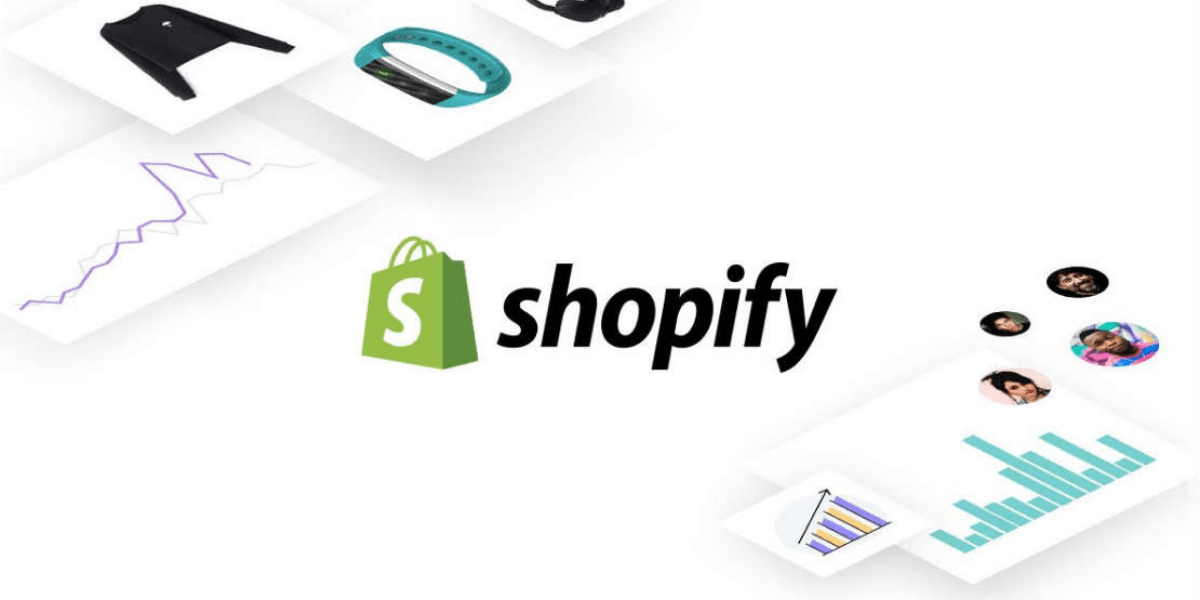Email newsletters are a powerful marketing tool that can help businesses connect with their target audience, build brand awareness, and drive results. They offer a cost-effective and scalable way to reach your subscribers on a regular basis, providing valuable content and keeping your brand top-of-mind.
Creating a successful email newsletter requires careful planning, effective content creation, and a focus on results. In this article, we’ll explore the steps you need to take to create a newsletter that grows your business, including defining your newsletter’s purpose, creating high-quality content, optimizing your newsletter for success, and measuring your results.
Whether you’re just getting started with email newsletters or looking to improve your existing strategy, this article will provide the information and insights you need to create a newsletter that drives results for your business. So, let’s dive in and explore the steps to creating a successful email newsletter.
Table of Contents
What is an Email Newsletter?
An email newsletter is a regular, automated message that is sent to a list of subscribers via email. It can be used for a variety of purposes, including promoting products or services, providing educational content, or simply keeping subscribers up-to-date on the latest news and developments from a business or organization.
An email newsletter is typically sent on a regular schedule, such as weekly or monthly, and can be customized to include different types of content, such as articles, images, videos, and links to additional resources. Some newsletters also include special promotions, discount codes, and other offers to encourage subscribers to take specific action.
Why Should You Create a Newsletter?
Creating a newsletter is a valuable marketing tool for any business or organization looking to connect with their target audience and build brand awareness. Some of the key benefits of creating a newsletter include:
- Building relationships with your target audience: By providing valuable and relevant content on a regular basis, you can establish a relationship of trust with your subscribers and keep your brand at the forefront of their minds.
- Driving traffic to your website: Including links to your website in your newsletter can drive traffic to your site, helping to increase your overall online visibility.
- Improving brand awareness: Regular newsletters can help establish your brand as a thought leader in your industry and improve overall brand awareness.
- Generating leads and sales: By including promotions, discounts, and other special offers in your newsletter, you can drive leads and sales for your business.
- Staying top-of-mind with your subscribers: Regular newsletters help keep your brand and products top-of-mind with your subscribers, making it more likely that they will consider your business when they are ready to make a purchase.
7 Steps to Starting an Email Newsletter for Your Business
This is how to create a newsletter that will help you reach your target audience and achieve your business goals:
Step 1: Define Your Target Audience
Before you start creating your newsletter, it’s important to have a clear understanding of who you’re trying to reach. What are the demographics of your target audience? What are their interests, needs, and pain points? You can gather this information through market research, surveys, or simply by paying attention to your existing customer base.
By creating buyer personas for your target audience, you can gain a deeper understanding of their wants, needs, and desires. This information can then be used to create a newsletter that speaks directly to them and provides real value. Make sure to segment your email list based on the preferences and behaviors of your target audience to ensure you’re sending them relevant content.
Step 2: Determine Your Newsletter’s Purpose
The next step is to determine the purpose of your newsletter. What do you want to achieve with it? Do you want to increase brand awareness, drive traffic to your website, or promote your products and services? Having a clear purpose will help you determine the type of content you should include in your newsletter, and how to structure it.
If your goal is to increase brand awareness, for example, your newsletter might include a mix of company news, industry insights, and thought leadership content. On the other hand, if your goal is to drive sales, your newsletter might focus on promoting new products, discounts, and special offers.
Step 3: Choose the Right Email Marketing Tool

When it comes to creating and sending your email newsletter, it’s important to choose the best email marketing tool. There are a variety of email marketing platforms available, each with its own set of features and capabilities.
One platform that stands out as a great option for businesses looking to create a newsletter that grows their business is ConvertKit.
ConvertKit is an email marketing platform designed specifically for bloggers and online creators, making it a great choice for businesses looking to build relationships with their target audience.
Some of the key features of ConvertKit that make it a great choice for businesses looking to create a newsletter include:
- Segmentation: ConvertKit makes it easy to segment your subscribers based on their interests, behavior, and more, allowing you to send highly targeted, relevant content to the right people.
- Automation: ConvertKit’s automation features allow you to automate your email campaigns, so you can focus on creating great content and building relationships with your subscribers.
- Landing pages and opt-in forms: ConvertKit’s landing pages and opt-in forms are designed to help you grow your email list, so you can reach more people and grow your business.
- Reporting and analytics: ConvertKit provides detailed reporting and analytics, allowing you to track your results and make data-driven decisions to improve your newsletter and grow your business.
Overall, ConvertKit is a powerful platform that can help businesses create a successful email newsletter that grows their business. Whether you’re just starting out or looking to improve your existing email marketing strategy, ConvertKit is a platform worth considering.
Step 4: Plan Your Content
Once you’ve defined your target audience and determined the purpose of your newsletter, it’s time to start planning your content. Decide on the frequency of your newsletter, and create a content calendar to ensure you have a steady stream of content to share with your audience. Your content should be a mix of promotional and educational material, including articles, blog posts, infographics, videos, and other types of content that provide value to your audience.
When planning your content, consider the following:
- Relevance: Will your content be of interest to your target audience?
- Timeliness: Is your content current and up-to-date?
- Value: Does your content provide real value to your audience, or is it purely promotional?
- Engagement: Will your content encourage your subscribers to engage with your brand, such as by clicking through to your website, downloading a piece of content, or making a purchase?
Step 5: Design Your Newsletter
Once you have your content planned, it’s time to design your newsletter. Keep in mind that your newsletter is a representation of your brand, so it’s important to make sure it looks professional and appealing. Use a clean and simple design, with a clear and easy-to-read font, and include your brand colors and logo.
Make sure to include a clear call-to-action (CTA) in each newsletter, such as encouraging subscribers to visit your website, make a purchase, or sign up for a free trial. Your CTA should be prominent and easy to find, and it should align with your overall newsletter purpose.
Step 6: Test and Optimize
Before you start sending your newsletter to your entire email list, it’s important to test it thoroughly. Send test emails to a small group of people to make sure everything looks and works as intended. Pay close attention to things like load times, font sizes, and image placement.
Once your newsletter is up and running, it’s important to continuously optimize it. Use data and analytics to track the success of your newsletter, and make changes based on the results. For example, if you notice that your open rates are low, consider making changes to your subject line or sending time. If your click-through rates are low, consider making changes to your content or design.
Step 7: Measure Your Results
Finally, it’s important to measure the results of your newsletter. Use data and analytics to track key metrics like open rates, click-through rates, and conversions. Make sure to set up tracking on your website to see how many people are visiting your newsletter, and what actions they’re taking.
By measuring your results, you can see what’s working and what’s not, and make changes accordingly. This information can also be used to improve the overall effectiveness of your newsletter and to fine-tune your strategy for maximum impact.
The bottom line
Creating a newsletter that grows your business is an effective marketing strategy that can help you reach and engage with your target audience. By following the seven steps outlined in this article, you can create a high-quality newsletter that not only captures your subscribers’ attention but also drives results for your business.
First, define your newsletter’s purpose and target audience. This will help you create content that is relevant and valuable to your subscribers. Next, plan and create your content, ensuring it is both educational and entertaining. Make sure to include a clear call-to-action in each newsletter and design it in a way that is professional and appealing to your subscribers.
Before sending your newsletter to your entire email list, test it thoroughly to make sure it looks and works as intended. Once your newsletter is up and running, continuously optimize it based on the results of your data and analytics. Finally, measure your results by tracking key metrics like open rates, click-through rates, and conversions, and make changes based on the data.
By following these steps, you can create a newsletter that grows your business and takes your marketing efforts to the next level.







